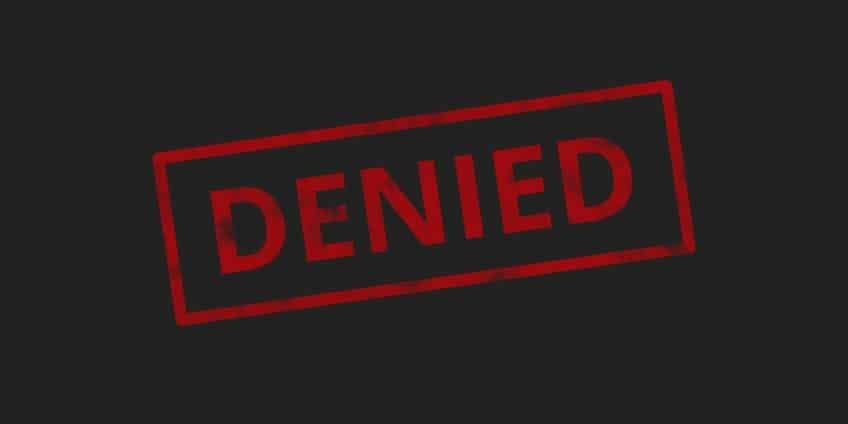Insurance Companies Can Settle Even If You Don’t Consent
Car AccidentsThe Tampa Bay Times reports that Ricky Melendez feels “betrayed” by GEICO, his own insurance company, after GEICO paid policy limits to the families of teenage boys who stole a Ford Explorer before crashing into him at over 100 mph. Melendez is quoted as saying that it was very “disheartening” for his own insurance company to “stab… [him] in the back.”
Minimal Policy Limits And The Price Of Peace
Before being critical of GEICO under the circumstances, we should talk about what insurance companies are supposed to do.
Insurance companies are supposed to protect people that they insure from lawsuits and judgments that can bankrupt them. They accomplish this by providing a defense if a lawsuit is filed and by providing indemnity (payments to other people) up to the policy limits. In Florida, insurance companies have a fiduciary duty to do those things, otherwise, they may become liable for a judgment in excess of the policy limits. This is called “bad faith.”
So was it “bad faith” for GEICO to pay its policy limits in exchange for a release of Melendez? Absolutely not. While Mr. Melendez may think that it is unfair that the people who caused the accident get money for the accident while he does not, he should consider that his insurance company “purchased” a release on his behalf and that he can no longer be sued.
This is the price of peace. As the article points out, the cost of defending these claims could very well have been more than the policy limits.
No Consent To Settle Clause In Auto Policies
GEICO could have done nothing or chosen to defend any lawsuits or claims brought by the families of the deceased teenagers. However, they made a business decision that a release was worth more than choosing to defend any claims brought against him.
In Florida, there is not a consent to settle clause in virtually all automobile insurance policies. This means that the insurance company can choose to pay claims against your (even if you do not wish to do so). They don’t have to ask you first. One of the few exceptions to this is medical malpractice where doctors sometimes have policies that require the doctor to consent before settling.
Over the years, I have had a number of clients who have been “offended” that their own insurance companies paid the other person while my clients were still waiting on the other insurance company to pay. What I have told those clients is that we can only control what we do and that we do not control what the other insurance company does. In those circumstances, the other insurance company starts running the risk of “bad faith” because there is an argument that they should paid their money to settle the claim.
Need To Have Your Own UM Coverage
Mr. Melendez’s car accident also highlights the need to have your own UM (uninsured motorist’s) coverage. When you get hit by a stolen car, there is no insurance on that car.
This is so because our legal system is a negligence based system. This means that the owner of the vehicle must have done something wrong in order to be found legally responsible. When a car is stolen, it is done without the permission and consent of the owner and it is not fair to hold the owner responsible.
This is why everyone should maintain UM on their own automobile policies. In theory, if everyone had liability coverage like they are supposed to do, then no one should ever need UM. However, the reality is that cars will be stolen and there is no liability coverage on stolen vehicles.
In Florida, UM coverage applies even when the other vehicle is stolen because a stolen vehicle is considered “uninsured” under the law.
Getting Help With Your Case
If you or a family member has been involved in a car accident in Lakeland, Florida and you have questions about the insurance claims that can be made, you should get a professional opinion from a Lakeland personal injury attorney. An attorney can quickly help you with important decisions that need to be made. A consultation with an attorney is free. Contact us today for your free case evaluation.


